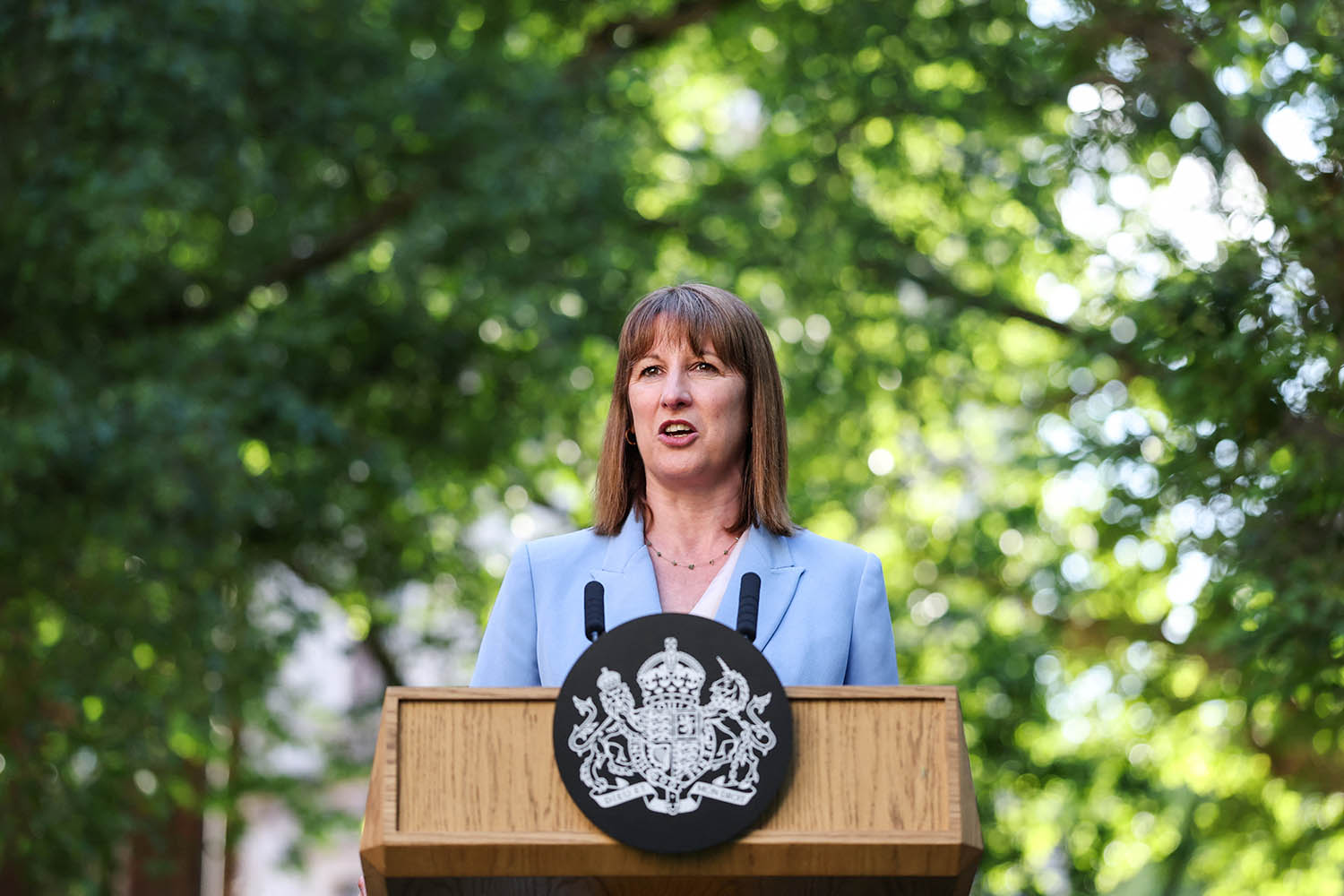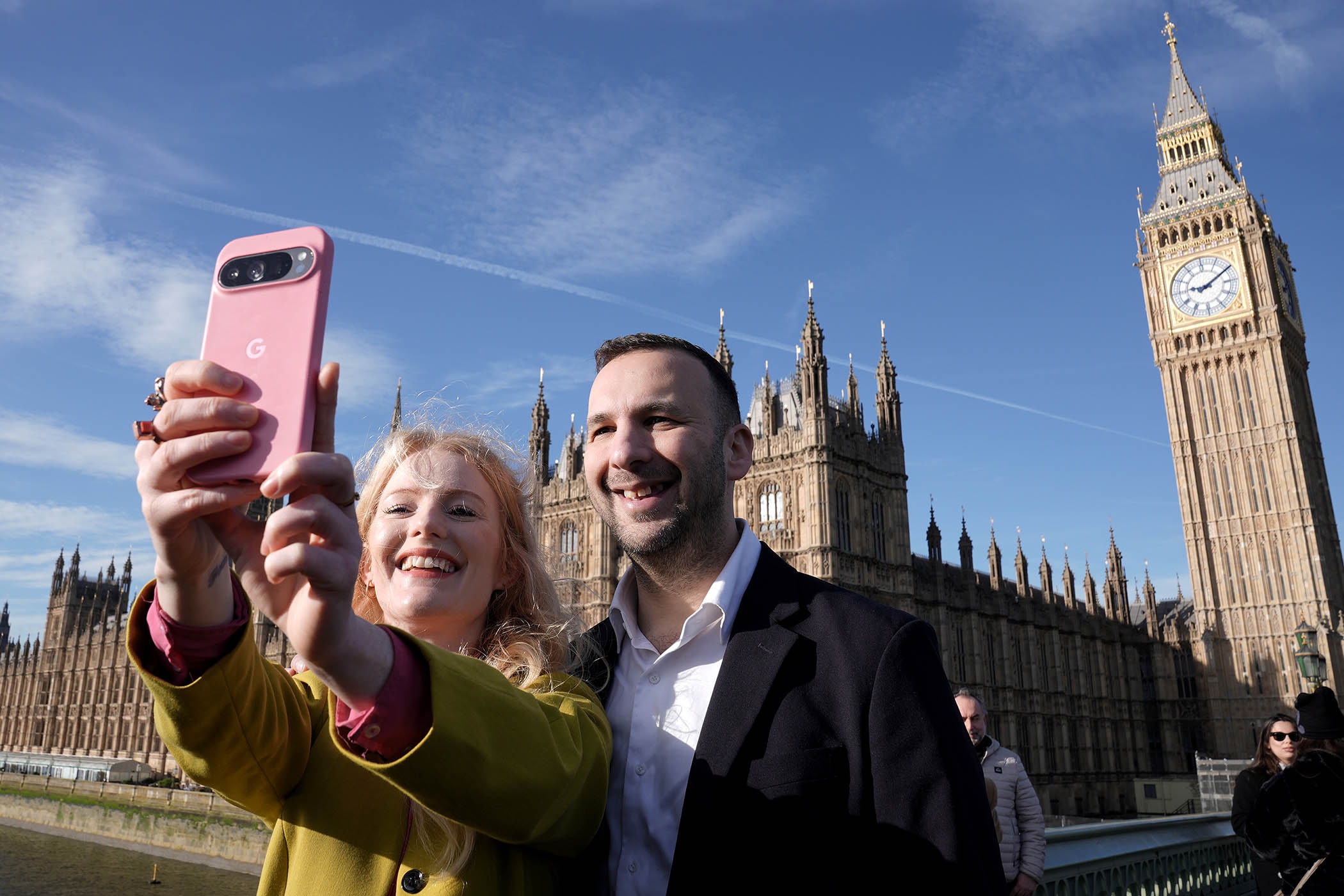Gordon Brown liked to joke that there are only two kinds of chancellors: those who fail and those who get out in time. He went on to be an illustration of a third category: those who are cock of the walk while at No 11, only to come a cropper upon moving to No 10.
As the inventor of the modern spending review, he deployed it as a formidable weapon of control and self-projection. He used the power of the purse strings to delve imperially into the workings of every department, make his social priorities those of the government as a whole, and assert dominance over colleagues, including the nominal First Lord of the Treasury.
Tony Blair was often rather clueless about what his chancellor was up to until the numbers were already at the printers. There were spending arguments – and sometimes the quarrels turned ugly – during the New Labour years. But it wasn’t too hard to keep people broadly content because as chancellor Brown presided over sustained economic expansion for the entirety of his decade at the Treasury. The undoing came later, when he had moved next door, with the great financial crash of 2008.
Ever since then, growth has been anaemic, when existent at all. How to be a successful Labour government when the public realm is dilapidated but there is no extra money to spend? That question has haunted Rachel Reeves since she arrived at the Treasury and is the central reason why her approval ratings are so terrible. It is the spectre hanging over the multi-year spending review settlement that she will unveil on 11 June.
Get more growth is the obvious answer. Fair play to the government, it is pursuing reforms, such as speeding up the planning system, which should ultimately improve Britain’s long-term prospects. But ultimately and long-term don’t pay today’s bills. The chancellor has tried to make ends meet by trimming welfare, only to smash into a wall of resistance. When I asked a cabinet colleague to explain her disastrous decision to remove the winter fuel payment from 90% of pensioners, he put it down to a combination of “inexperience” and “wanting to look tough to the markets”. Sir Keir Starmer has signalled a U-turn, but left things a mess because the government hasn’t said precisely which pensioners will be getting it back or by when.
Another retreat is taking shape, as my colleague Rachel Sylvester reported last week, because the prime minister is among the Labour MPs who want to end the Tory-imposed two-child benefit cap. As for the hugely contentious reductions to incapacity benefits, those cuts look likely to be moderated in the face of ferocious opposition on Labour’s own benches. Further raids into the welfare budget have been privately mooted by the Treasury, but look increasingly unfeasible.
So, if not there, where do you find money? For a sizeable chunk of opinion in Labour’s ranks, there’s a glaringly easy answer: increase borrowing by easing the fiscal rules. To the siren voices, the chancellor only has to snip herself free of this strait-jacket to be able to splash the cash. What critics rarely acknowledge is that she has already made a big flex to her rules to permit more borrowing for capital projects. Her people would like you to notice that there’ll be an additional £100bn plus for spending on energy, homes, infrastructure and transport. A lot of the cash will be earmarked for the Midlands and the north of England. Her team would particularly like you to welcome that if you are a Labour MP feeling threatened by Reform. This is the spending review’s best chance of resetting the government’s fortunes and reinvesting it with a sense of purpose.
The vigilantes of the bond market have just about swallowed the argument that this extra borrowing is OK because it is for “investment”. What Ms Reeves is adamantly against is more debt to fund additional day-to-day spending. That would entail the high risk of entering credibility-shattering Liz Truss territory. There has already been a significant rise in the premium the government is having to pay to borrow. The yield on a 10-year gilt is higher than it was during Trussmageddon. Sir John Kingman, the chair of Legal & General, who used to be a senior official at the Treasury, puts it well when he says the UK is “already treading a very delicate path, along a cliff-edge in deep fog”. One false step and over you go, into the abyss.
As it is, some further tax rises in the autumn budget are beginning to look unavoidable. Angela Rayner helpfully drafted a memo to the chancellor suggesting additional ways to harvest money from the more affluent, including a hike to the tax rates on holders of large pension pots. The leaking of this memo has been interpreted as Ms Rayner positioning herself to succeed Sir Keir as Labour’s leader. Which she probably would if a vacancy occurred tomorrow.
What struck me most forcibly about the deputy prime minister’s foray into tax policy was how relatively little money it raised: £4bn a year at most. That wouldn’t shift the dial much. To gather game-changing sums of extra revenue, the chancellor would have to hike the rate of one or more of the big three: income tax, employee national insurance and VAT. Both the Treasury and No 10 regard that as impossible because it would mean breaking Labour’s solemn manifesto pledge not to touch them.
Newsletters
Choose the newsletters you want to receive
View more
For information about how The Observer protects your data, read our Privacy Policy
So the strain of keeping to the rules will be met by spending restraint. The current review was supposed to be different to previous ones, but the accounts of insiders suggest that it has been the customary bunfight. Defence gets more, thanks to Vladimir Putin and Donald Trump. The NHS receives extra because improving the health service is the sine qua non of Labour winning a second term. Shabana Mahmood, the justice secretary, has extracted more than originally offered because the Tories bequeathed such a crisis in prisons. From less favoured departments, there is the traditional “parade of the bleeding stumps”, as a previous chancellor called it, led by police chiefs saying Labour won’t fulfil its anti-crime pledges without more cash.
Nigel Farage can promise the moon on a stick. Sir Ed Davey can oppose every tax rise while bemoaning every spending curb. They enjoy the luxurious privilege of being opposition leaders many years ahead of a general election. For the residents of Downing Street, there is no magic money tree.



